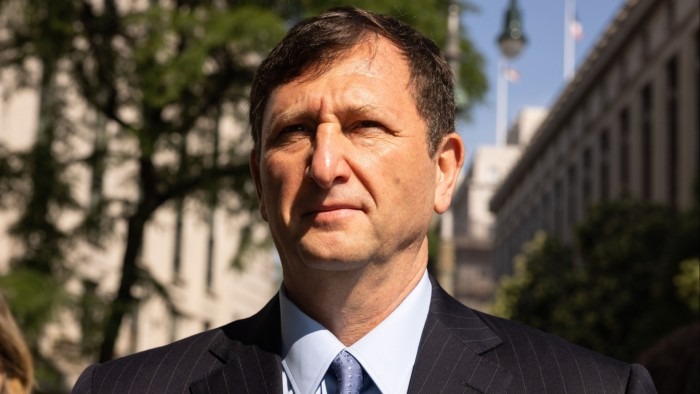Alex Mashinsky, the founder of the now-defunct cryptocurrency lender Celsius Network, pleaded guilty to criminal charges on Tuesday, admitting that he misled investors about the company’s financial condition and used customer funds to manipulate the value of Celsius’ digital token, CEL. The plea was part of an agreement with prosecutors in the criminal case, a year after Celsius filed for bankruptcy in 2022.
During the hearing in Manhattan federal court, Mashinsky, 59, told Judge John Koeltl, “I know what I did was wrong and I want to do what I can to make it right. I accept full responsibility for my actions.” He pleaded guilty to one count of commodities fraud and one count of securities fraud, each carrying a combined maximum sentence of 30 years in prison. Mashinsky has also agreed to forfeit $48 million, with sentencing set for April 8.
Damian Williams, the U.S. Attorney in Manhattan, called Mashinsky’s actions “one of the biggest frauds in the crypto industry.” He further stated that Mashinsky misled “ordinary, retail crypto investors,” encouraging them to invest billions of dollars in Celsius under false promises of low-risk investments.
Celsius, founded in 2017, allowed users to deposit cryptocurrencies in exchange for interest, while also extending loans using the digital assets as collateral. At its height, the company claimed to hold $25 billion in assets, attracting a significant retail investor base. However, the company blocked withdrawals in June 2022 due to the crypto market crash and filed for bankruptcy the following month, revealing a $1 billion deficit.
Mashinsky initially pleaded not guilty to the charges, but prosecutors accused him of using customer funds to artificially inflate the market for Celsius’s CEL token, allowing the company to sell its own holdings at inflated values. Mashinsky personally earned $42 million from sales of CEL tokens while misleading investors into thinking he was holding the tokens and encouraging them to do the same.
A private message exchange between Mashinsky and Roni Cohen-Pavon, Celsius’ Chief Revenue Officer, revealed that the company spent $8 million per week to keep the value of CEL artificially high. Mashinsky was also accused of withdrawing $8 million in digital assets from Celsius, despite assuring customers that the company had enough liquidity to meet redemption demands.
Cohen-Pavon, who was also charged, pleaded guilty last year. Celsius, now under a restructuring team, entered a non-prosecution agreement and has agreed to cooperate with the ongoing investigation.
